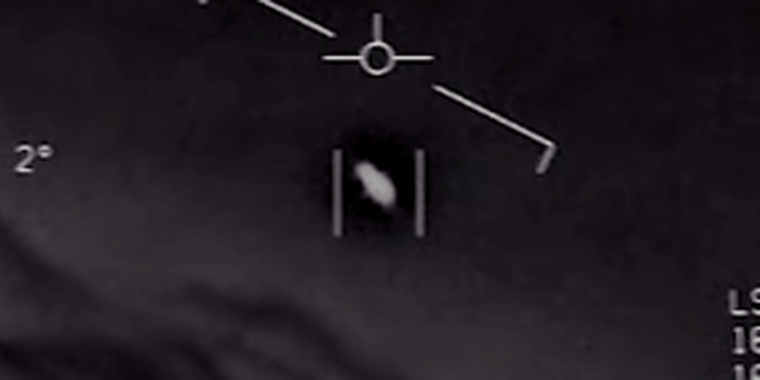Congress took a step toward creating a database of UFO reports with House passage of a measure that would establish a "secure system" to receive information about unidentified aerial phenomena.
The House voted Wednesday to adopt a bipartisan amendment to the National Defense Authorization Act. The measure was approved by voice vote, signaling little to no opposition, and there was no floor debate.
The UFO reporting system would provide for "immediate sharing" of information with certain scientists, analysts and government personnel, according to the legislative text.
The amendment would allow exceptions to reporting when “the observed object and associated events and activities likely relate to" restricted programs that have been reported to the congressional defense and intelligence committees.
The amendment, introduced by Reps. Mike Gallagher, R-Wis., and Ruben Gallego, D-Ariz., was approved more than a year after the Office of the Director of National Intelligence released a highly anticipated intelligence report that indicated the agency didn’t have enough data to explain 143 of the 144 cases of unidentified flying objects that military planes reported from 2004 to 2021.
The number had grown to “approximately 400 reports” of unidentifiable objects this year, according to the deputy director of naval intelligence, Scott W. Bray, who provided an update in mid-May at Congress’ first public hearing on UFOs in more than 50 years.
At the end of December, legislation to create an office to study “unidentified aerial phenomenon” was signed into law.
The House has yet to pass this year's National Defense Authorization Act, which the Senate will take up next. After Senate passage, the two chambers are likely to go to conference to hash out the differences, with final passage expected this year.
